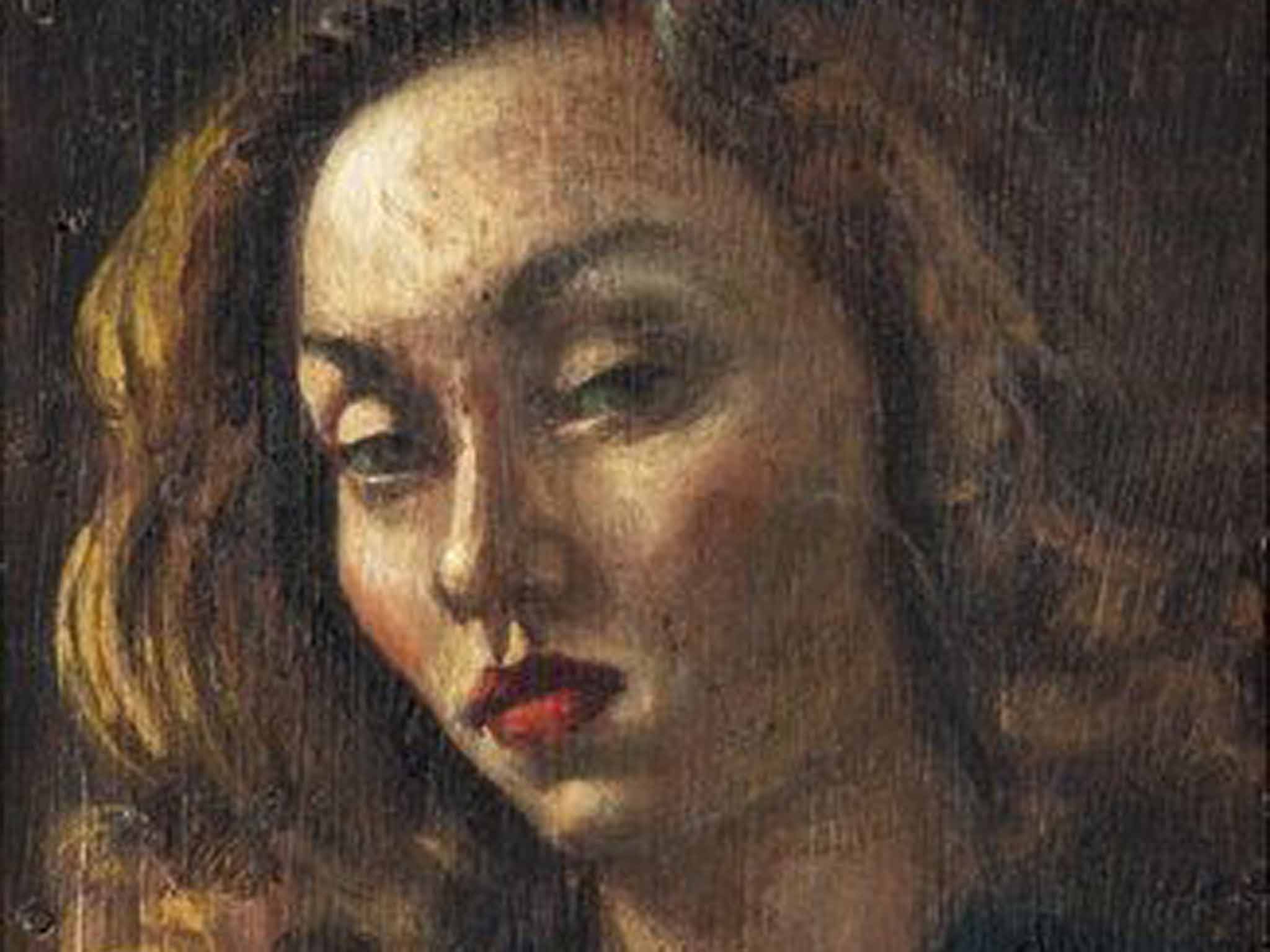Clarice Lispector: Complete Stories - book review: Short stories with a touch of the surreal and supernatural
Translated by Katrina Dodson and edited by Benjamin Moser

Clarice Lispector, modern legend: born in exile, lauded by several generations of writers from Borges to Colm Toibin and Orhan Pamuk. Described by her biographer and latest champion, Benjamin Moser, as writing like Woolf and looking like Dietrich. In the Anglophone world, her moment also seemed to be approaching but was never quite there: much of her work was made available in translation in Britain by Carcanet, but she never gained the public acclaim of a Marquez or a Jorge Amado.
In 2009, Moser's seminal biography, Why This World? was strategically released to present Lispector's paradoxical persona to a new readership. This charismatic shadow hovers over the fresh translations of many of her finest works here, and some that had remained untranslated, including short fictions. Moser's writings trace new elements in the Lispector story. Along with the circumstances of her birth as her parents escaped from their native Ukraine, and the Jewish mysticism that underlines her fiction, he comments on her strange, wild prose, which untames the Portuguese language – not because of her lack of mastery, but because she wanted to reshape it.
Grace Paley, also of Russian Jewish origin, saw in Lispector's stories a case of “one language trying to make itself at home in another”. They often verge on the surreal; strange or supernatural elements are introduced slyly into the lives of her urban characters. A quirky realism is equally in evidence. She avoids the grand magic realist flourishes of her Hispanic contemporaries – the weirdness of her worlds is calculated. In Miss Algrave an ageing virgin is inducted, after her one night stand with an alien, into a life of pleasure (and profit). Nothing supernatural occurs in The Body – two women, in a menage a trois, murder their lover and get away with it. Aurelia Nascimento in He Drank me Up has her face destroyed by a rivalrous make up artist. Where Were You at Night interweaves science fiction with Christian iconography.
The darkly humorous underpinnings are not unlike the fiction of her close contemporary, Lygia Fagundes Telles, though the latter seems ultimately best at the shorter forms while Lispector is at her very best in novels. Translator Katrina Dodson tells us that Lispector's language is more conventional in her stories, which possibly makes this volume a place for the uninitiated reader to sample the Lispector canon, before embarking on a longer journey with the hidden genius.
Penguin Modern Classics, £14.99. Order for £13.49 (free p&p) from the Independent Bookshop: 08430 600 030
Subscribe to Independent Premium to bookmark this article
Want to bookmark your favourite articles and stories to read or reference later? Start your Independent Premium subscription today.

Join our commenting forum
Join thought-provoking conversations, follow other Independent readers and see their replies
Comments